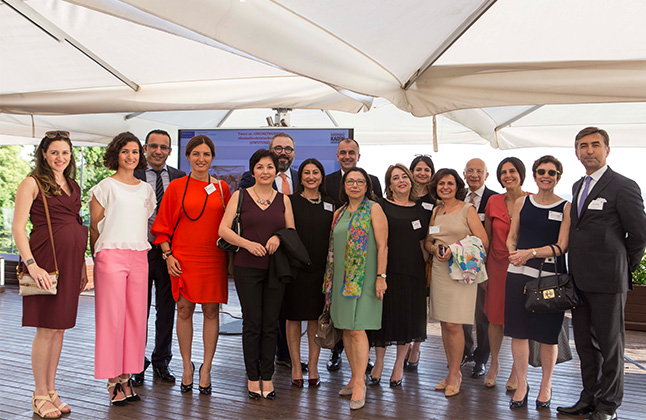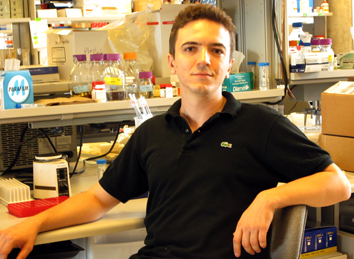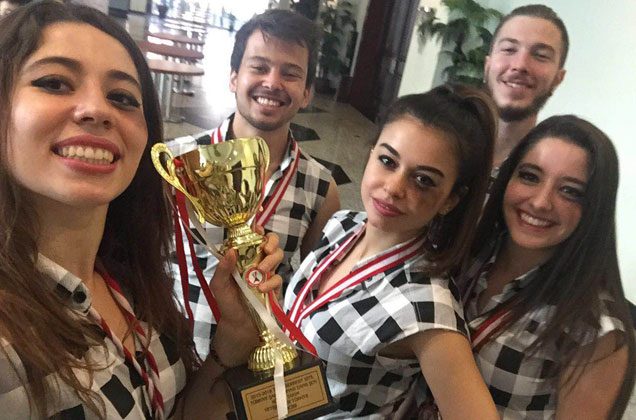13/07/2016
2015-2016 Fall Term Undergraduate Horizontal Transfer Applications
28/06/2016
The 2nd Woman Directors Meeting was held on Wednesday, June 1, 2016 at the Conrad Hotel roof as part of the Independent Woman Directors project initiated by the Sabancı University Corporate Governance Forum in 2013 for strengthening company boards with woman candidates.

28/06/2016
Sabancı University ranked 38th on the Times Higher Education (THE) Asian University Rankings. 11 Turkish universities were included in the rankings this year.

Sabancı University ranked 38th on the Times Higher Education (THE) Asian University Rankings. 11 Turkish universities were included in the rankings this year.
28/06/2016
A study on resistance to antibiotics conducted by Faculty of Engineering and Natural Sciences member Murat Çokol in partnership with Harvard University and MIT was the cover story of the June issue of Molecular Systems Biology.

27/06/2016
Scientists at Sabancı University discovered a new and important autophagy protein that controls fundamental autophagy pathways. The discovery was made by Gözüaçık Lab member Seçil Erbil and her colleagues.
Autophagy disorders play a role in a number of severe diseases from cancer to Parkinson's. The discovery may enable novel diagnostic and treatment methods.
27/06/2016
Towards Greener Concrete: A method developed by Materials Science and Engineering students for producing concrete out of recycled construction wastes received an award.

The "ReCement" team developed a method for recycled concrete that reduces virgin material consumption and material costs while consuming significantly less energy for concrete production.
27/06/2016
Sabancı University SUdance Hip Hop Groupwon the 2nd Prize at Freestyle Dance Turkey Championship-Istanbul.
Sabancı University SUdance Hip Hop Group: Can Farsak, Melis Bayer, İpek Köse, Sinan Salihli and Naz Köprülü won the 2nd Prize at Freestyle Dance Turkey Championship-Istanbul with their careography “Violance against Woman”
